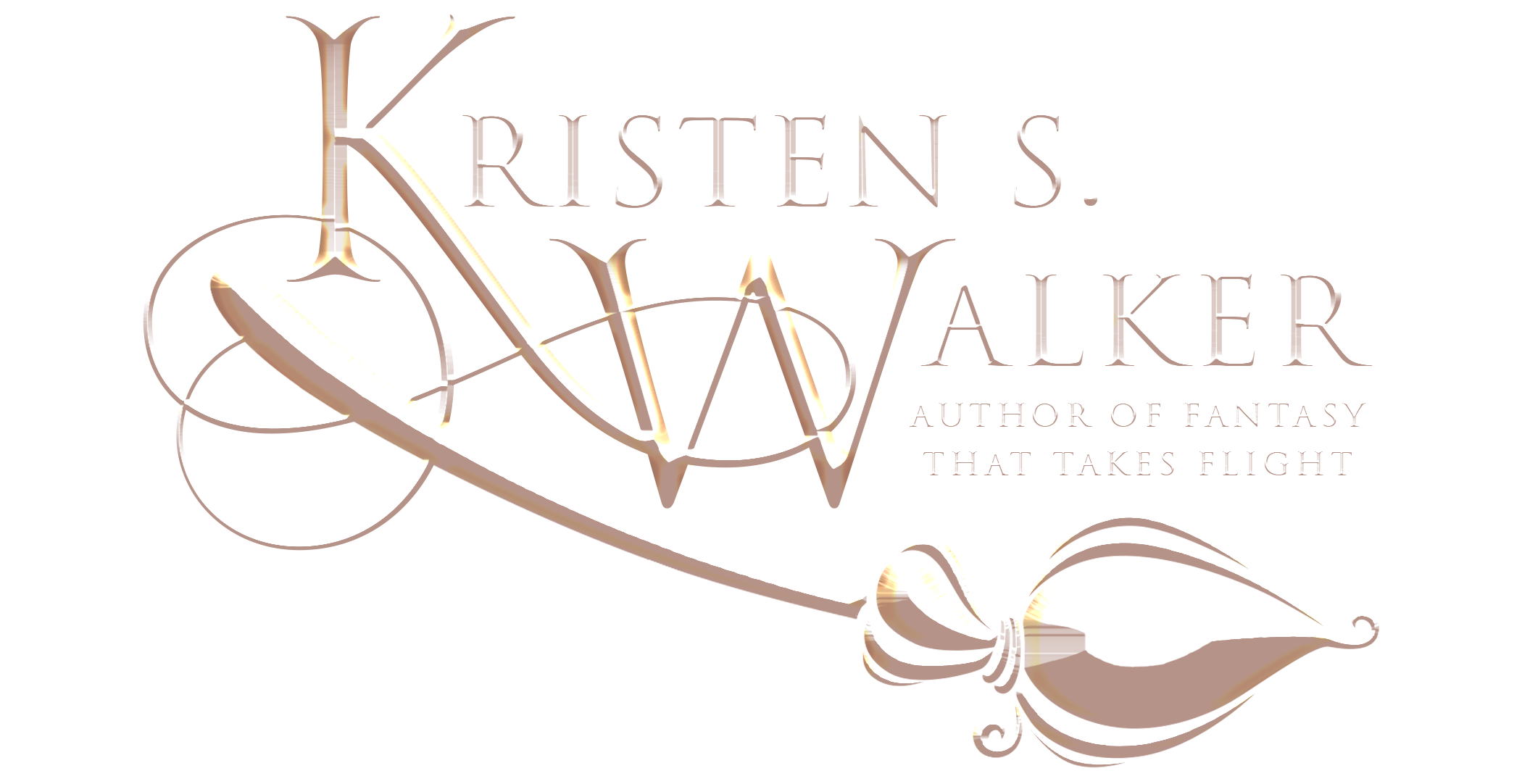I have been religious for my whole life, and my faith is important to me. It’s as much a part of me as anything else, and it’s especially important when I make decisions about how I live. I want the things that I do to honor the gods and show my respect for their creations. You will not hear me talk about this very often, though. My spirituality is very personal for me, and very private.
More to the point, though, I do not think that a story is a good place for religion. Of course there are characters for whom religion is important, and it may affect them in good or bad ways. And creating religions is a personal favorite of mine for world building. A story should also reflect the ethics and philosophy of the author in certain ways. But a story is a very bad place to preach about ideas, religious or otherwise.
If I wanted to preach to my readers, then I would write a non-fiction piece about my religious beliefs. I’ve written some essays in the past that reflect my beliefs. They are very separate from my stories. The main purpose of my stories is to entertain. At times, they may have a deeper meaning, and of course what I think about different things is going to come through in my stories. For example, in Small Town Witch, the reader can discern how I feel about things like bisexuality, families, and divorce. But I didn’t write the story just to express those feelings. (It would have been a lot easier to just write an essay or two than an entire novel.) And I hope that the way I discussed them didn’t come across as preaching to my readers or distract them from the story.
As a reader, I do not want to be preached to by authors. There are authors who do this very blatantly and I avoid their work because it destroys my enjoyment of the story. When I want to read someone’s opinion, then I read non-fiction: blogs, news sites, books, etc. I do like to learn about a range of ideas, rather than just read people who agree with me. But I don’t want this to mix (too much) with my entertainment.
What do I want in my stories? Compelling characters who make me feel for their individual predicaments. Characters that I can admire for their strengths. Moral conundrums where I can see more than one side, stories that make me think about what the right thing is to do or what decision I would make instead of telling me the “right” way. In a good vs. evil story, there is no room for interpretation, and I stop thinking about the story as soon as I have read it (except to think that I didn’t like everything being so rigid). But if there is a gray area, then I can spend hours pondering the possibilities and debating the pros and cons of each course of action. (Sometimes with other people, sometimes by myself. There are often vigorous debates after each week’s episode of Game of Thrones in my household, because no character in the show is purely good or evil.)
My personal philosophy for religion goes something like this: it’s okay if you have one, and it’s okay if you don’t. Be a good person first. I believe (because I have seen in my personal experience) that there are good people inside and out of all religions: good Christians, good Muslims, good Hindus, good atheists, etc. And there are bad people in (and out of) every religion. No group has the monopoly on morality. So I will judge you for your moral choices, but not your religious choices.
I hope that my stories are entertaining, and they might give people something to think about, and my readers might disagree with me. And I’m okay with that, because I am not out to change their minds.

